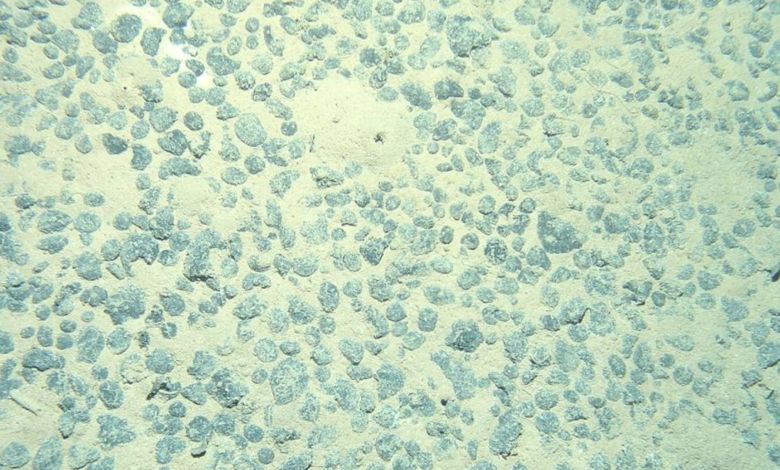Norway must turn back on the submarine mines

The hasty ok to the undersea mines is an “unprecedented management scandal”
The Oslo government did not carry out a sufficient environmental impact assessment before giving the green light to deep sea mining. The exploitation of minerals on the seabed would take place in “vulnerable and unique” areas of the Arctic with consequences that Norway – one of the first countries in the world to give the green light to submarine mines – cannot predict. For these reasons, the WWF decided to take the case to court.
“Norway’s decision to open vast ocean areas to destructive mining is an unprecedented management scandal. We have never before seen a Norwegian government so arrogantly ignore all scientific advice and defy the warnings of a united marine research community,” attacks Karoline Andaur of the Norwegian branch of the WWF.
What is Norway looking for in its underwater mines?
On 9 January, the Oslo parliament approved by a large majority the plan proposed by the government to start the exploitation of submarine mines. The area where it will be possible to look for and extract precious minerals – including lithium, copper, scandium – is very vast: 280,000 km2, almost as much as the whole of Italy. The government estimates 21.7 million tons of copper potentially recoverable, which is more than the world production of copper in 2019. Plus 22.7 million tons of zinc on the Norwegian continental shelf. Plus lithium and scandium. The deposits are located along the mid-Atlantic ridge between the island of Jan Mayen and the archipelago of Svalbard in the Norwegian Sea, up to 700 km from the coast.
“A dangerous precedent”
According to the WWF, the Oslo decision on submarine mines is not legitimate because it would not meet the requirements of a standard on submarine minerals. The National Environment Agency also raised this point at the time.
“We believe the government is violating Norwegian law by opening up to a new and potentially destructive industry without properly assessing its consequences. A dangerous precedent will be created if we allow the government to ignore its own rules, ignore all environmental advice and blindly manage our common natural resources,” says the WWF. A precedent that could apply not only to undersea mines, but to any other impact assessment in other areas.
On the other hand, notes the environmental association, many countries around the world are moving to call for a global moratorium on deep sea mining, while the competent UN authority – the International Seabed Authority – is working on the 1 possible regulatory text on the matter. Scientific research so far has gathered very little data on the impact that mining activities of this kind could have in the ocean depths.





